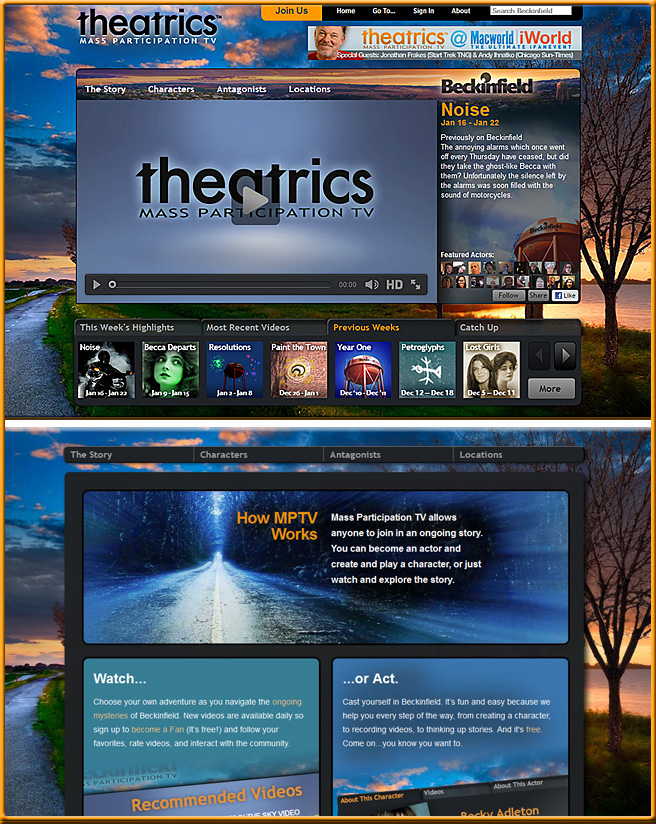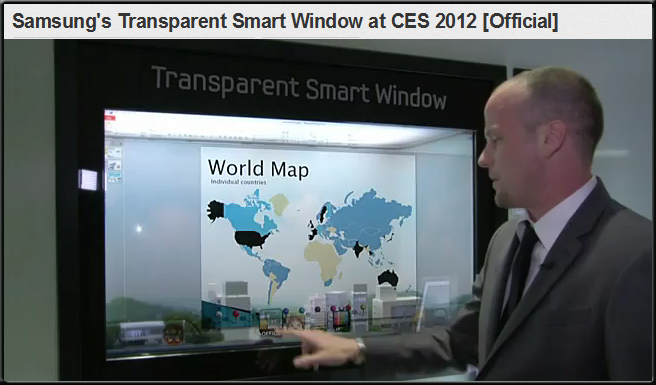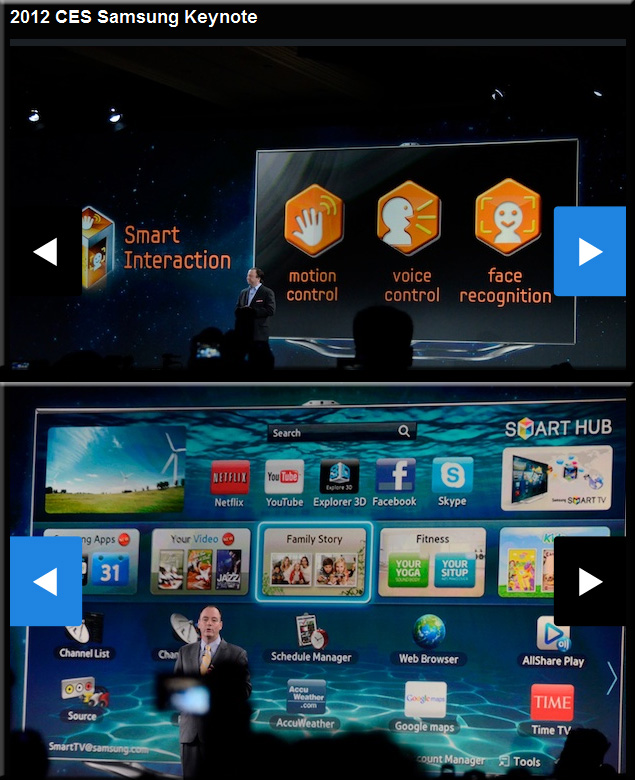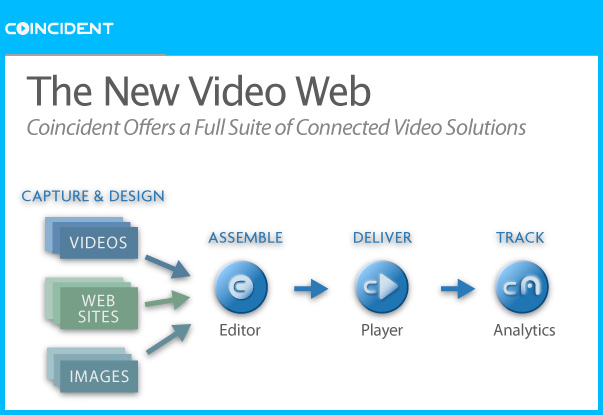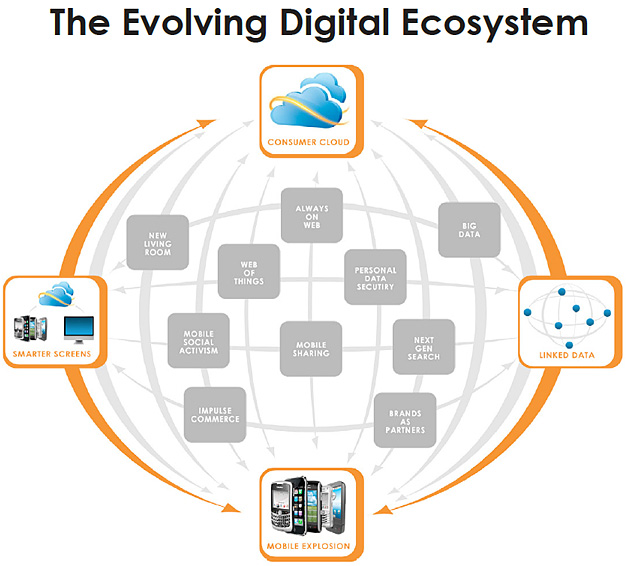Google to Launch TV Service — from Mashable.com by Todd Wasserman
100 million Americans watch online video every day — from sitetrail.com by Anthony West
How to build 50,000 new colleges — from Forbes.com by Michael Horn
Excerpt (with emphasis by DSC):
What this points to is disruption using the technology enabler of online learning. As the article says, “This means that India is not just trying to build thousands of American-style campuses with neat quads. Many of its new schools will be virtual, for-profit, and integrated closely with workplaces. It may, in fact, end up pushing the concept of online education further than any other country. As a result, what India comes up with will not only affect its economic competitiveness in the 21st century. It may become a petri dish for how to build an educational system in the Information Age.”
There is another dynamic pushing India to innovate in and improve online learning in some dramatic ways. According to the article, new schools face shortages of land and instructors. As a result of the first, constructing big campuses to fill the education gap is likely a non-starter. Online learning is critical. As for the second—the system is short roughly 1 million teachers the article says—this means that the country will almost certainly have to push the bounds of today’s online learning systems so that it can scale the impact of great teachers and built robust digital learning systems that embrace adaptive learning and other such advances. Given these pressures, the innovations that emerge from India could be stunning.









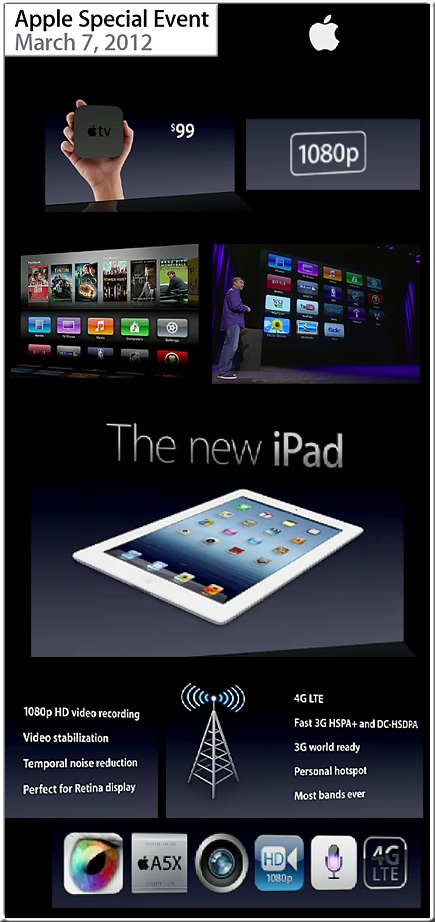
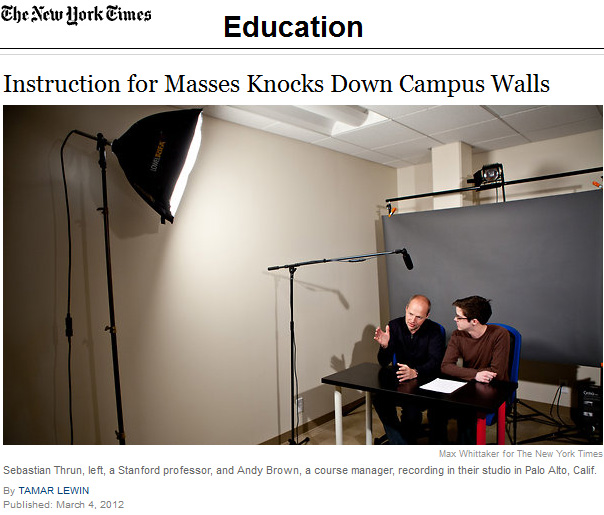


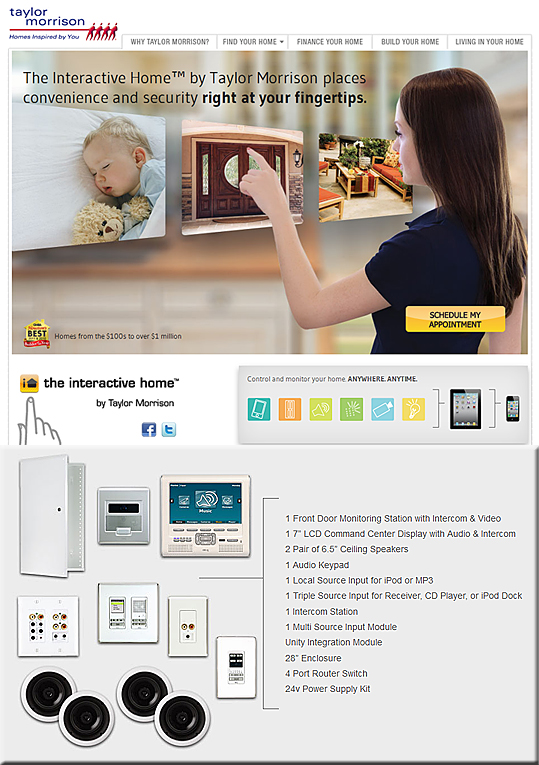
![BusinessEurope-FutureOfIntTV-Feb9-2012 The future of internet TV [Europe]](http://danielschristian.com/learning-ecosystems/wp-content/uploads/2012/02/BusinessEurope-FutureOfIntTV-Feb9-2012.jpg)
